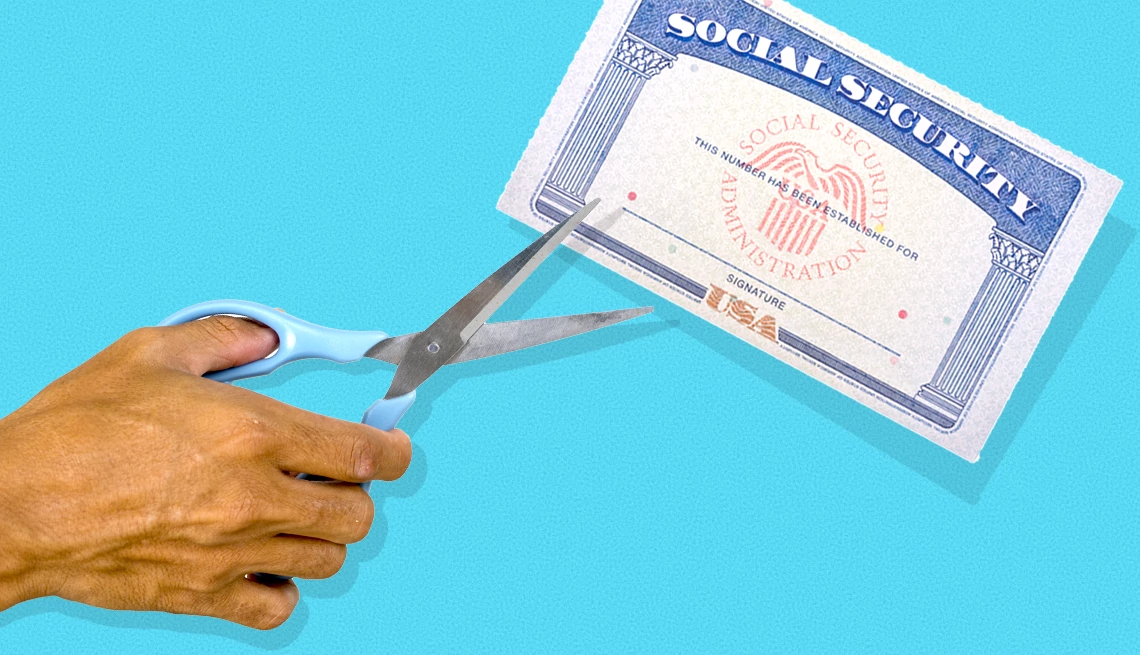AARP Hearing Center


Andy Markowitz,


ARTICLE CONTINUES AFTER ADVERTISEMENT
You have unanswered questions. Please go back and complete those questions to finish the quiz.
ARTICLE CONTINUES AFTER ADVERTISEMENT
More From AARP
My Biggest Retirement Mistake: Collecting Social Security Early
Claiming benefits at the minimum age can shore up cash flow but comes with a costSocial Security Calculator
Get an estimate of your benefits
9 ways to strengthen Social Security
How to preserve benefits and stability